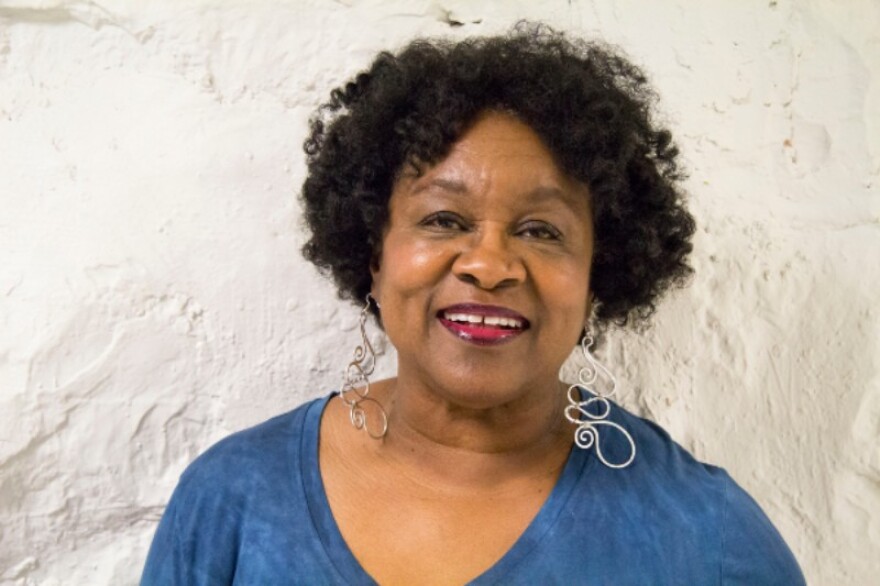The arts keep thriving, even in a time of social upheaval and a pandemic. This year, there have been several new volumes, anthologies, and collections of Black poetry. WMRA’s Jason Barr looks at the relevance of such work today, and throughout our history.
This year, the Furious Flower Poetry Center released its third anthology: Furious Flower: Seeding the Future of African American Poetry. Dr. Joanne Gabbin founded the center at James Madison University in 2004, ten years after the first Furious Flower conference in 1994. She co-edited the latest volume, and says this collection continues a trend as old as the country itself.

JOANNE GABBIN: When Blacks came here to this country, we were brought here not under our own will, but forced here through slavery. And once here, the power to voice our opinions was taken away. We were not allowed to read, we were not allowed to write, we were silenced in a very real way. It is the history of Black people in this country to see their power taken away from them and getting their power back through writing, through the exercise of creating poetry.
Lauren Alleyne is the assistant director of the Furious Flower Poetry Center and an associate professor of English at JMU. She co-edited the volume along with Dr. Gabbin.
LAUREN ALLEYNE: What black poetry brings to American letters is testimony of the side of America that America still doesn't want to acknowledge was there.
WMRA's operating license is held by JMU's board of visitors, and JMU sponsors programming on WMRA.

The University of Virginia is also home to a prolific poet in this tradition. Kiki Petrosino, a poetry professor at UVA, recently released her latest volume of poetry, White Blood: A Lyric of Virginia. It explores the problematic history of racial identity and history here.
KIKI PETROSINO: The center is always there. I think that in the culture we tend to narrate the experience that people of color have and the experience that mixed race or biracial people have as that of being not able to fit in either world. And my work not just in White Blood, but in all of the poetry that I write, is about making explicit for the reader the very real sense that I have, that I am a whole and integrated person on the inside.
And, in this era of the rising visibility of white supremacy in the United States, the sharing of different viewpoints through poetry remains important. Gabbin reminds us all of one important truth that Black poetry has to share.
GABBIN: Black poets have always known that black people are not inferior to anyone on this earth; what comes next is an opportunity for poets to explore.

Petrosino emphasizes the long history embedded in the rise of white supremacist thought in the United States.
PETROSINO: The tendency is to announce that as a now, like suddenly, you know, these things are happening. But I would like to counter that with the word “always,” that these things, these tensions have always been with us. This violence has always been under the surface.
And, as Alleyne reminds us, Black poets will continue to respond.
ALLEYNE: And so there is no new thing about Black writing responding to white supremacy. Black writing, black poetry, black literature, black culture exists in spite of white supremacy, challenging white supremacy, confronting white supremacy, exposing white supremacy. That's what it has been doing. Because white supremacy seeks to erase us and we write ourselves constantly and repeatedly into existence and resistance to that.

Petrosino says the arts, and especially poetry, remain a positive force for free expression and social change.
PETROSINO: That’s what poetry does. Poetry breaks silence. The world of contemporary American poetry is a small world. And I think that what's happening is that little by little, it's getting bigger. And social media has made a doorway and a window into certain conversations and has brought some of the questions that poets are asking into like popular discourse. And poets are public intellectuals, and globally speaking, poets around the world are public intellectuals.
As Gabbin says, poetry is part of a larger artistic effort to tell our stories.
GABBIN: Whether it's music, you know, the visual arts, the performing arts, certainly the literary arts, affirm life. So for me, art, and especially poetry, affirms life.


